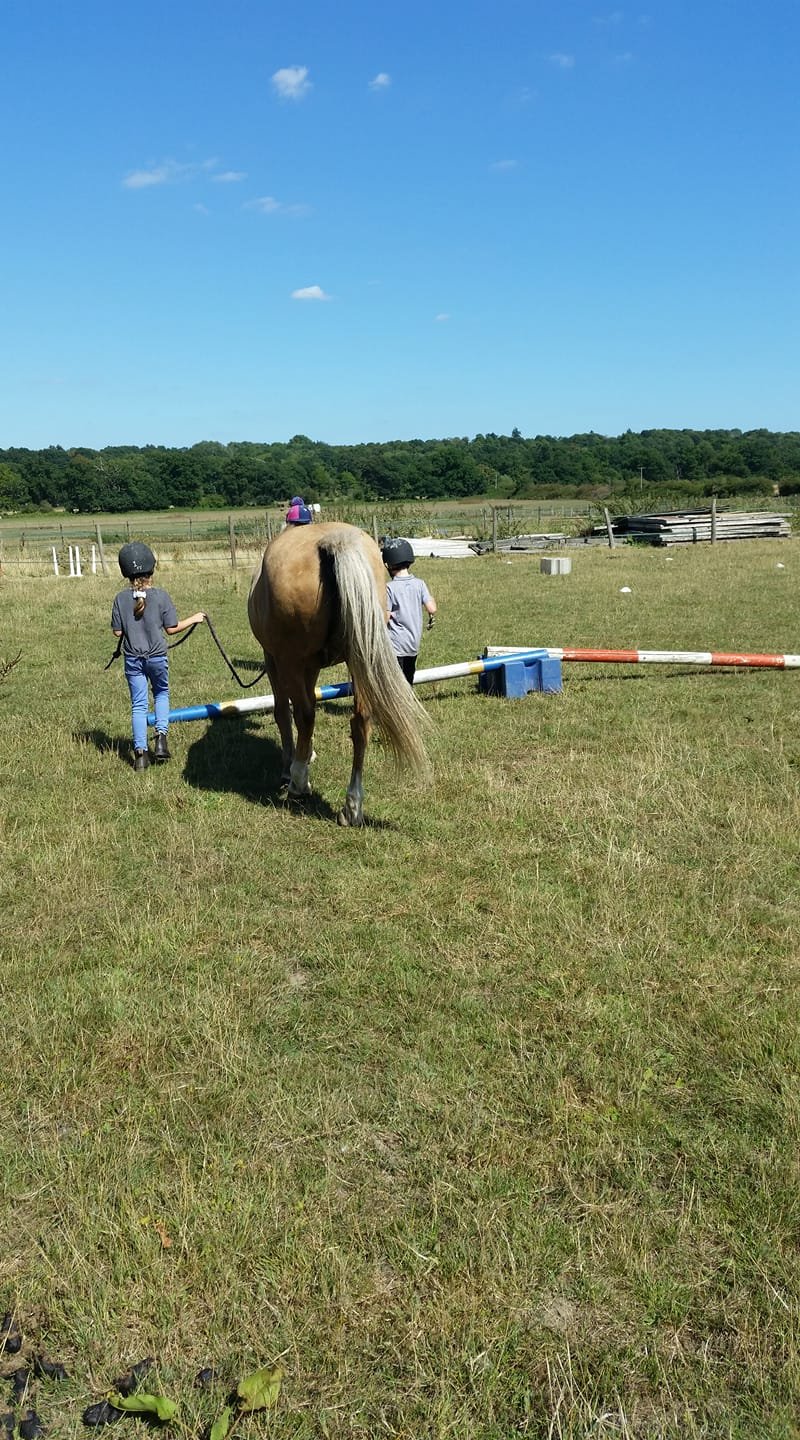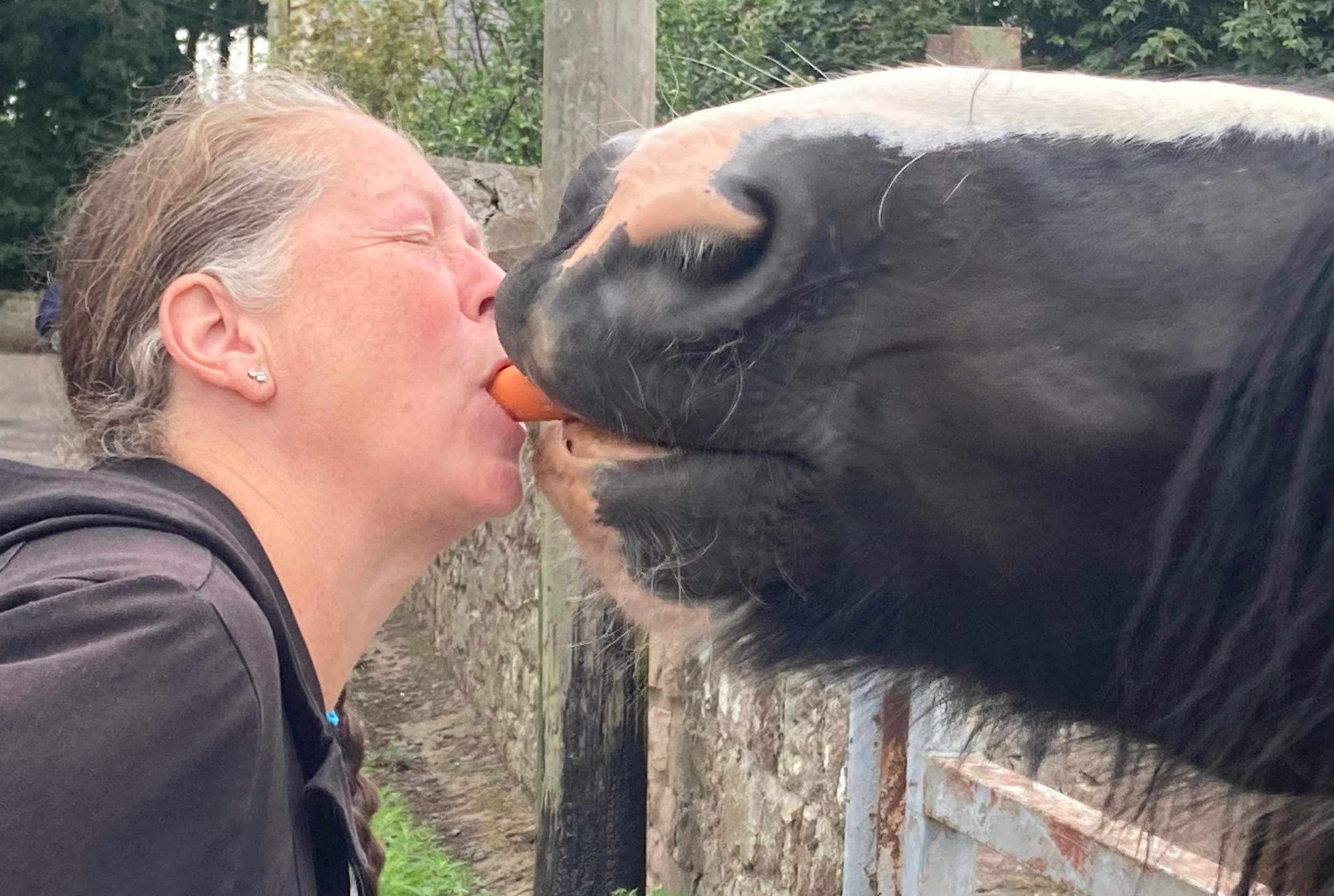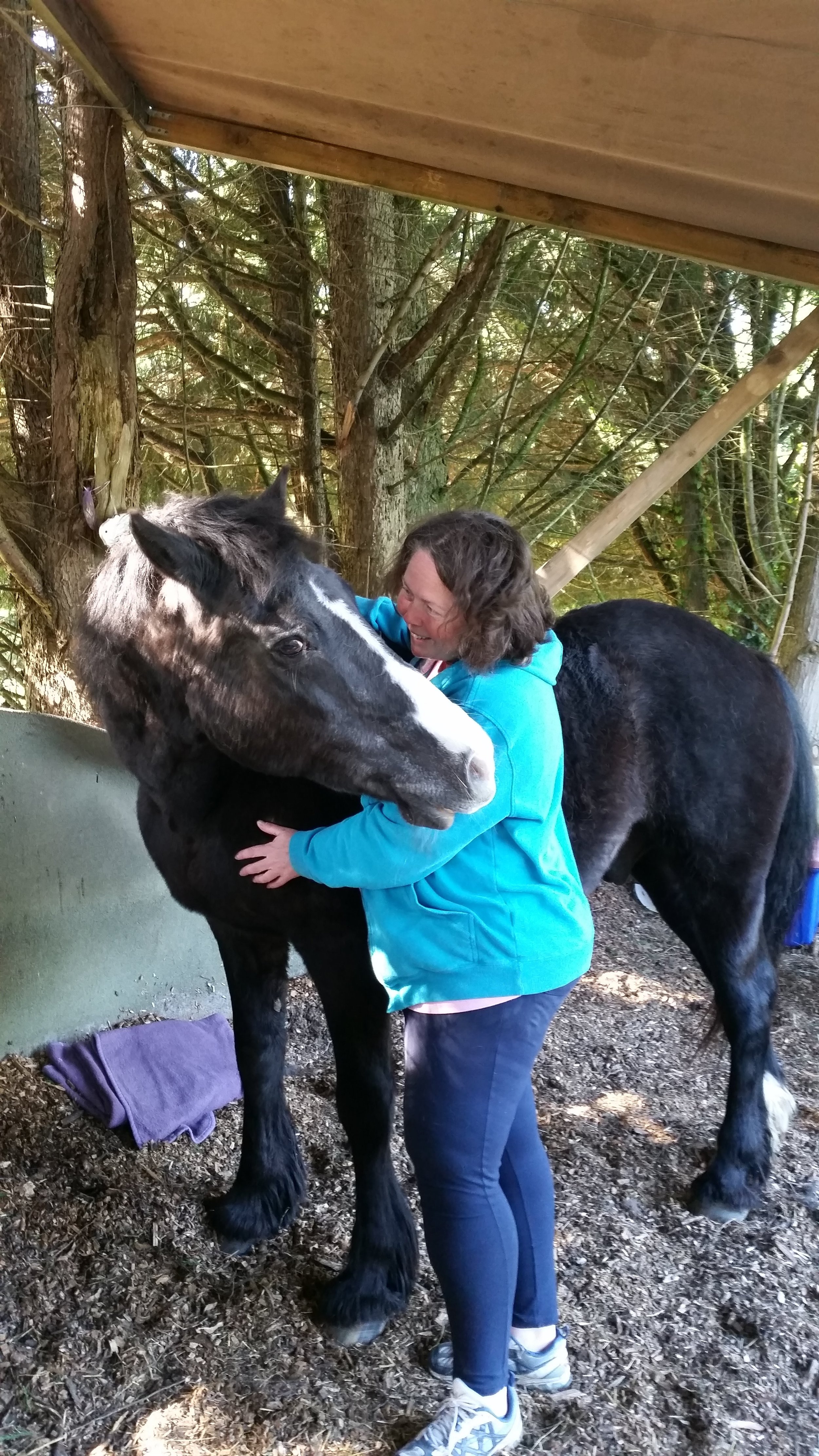Hoofsteps of Change
horse powered social skills
Equine assisted learning (EAL) is an experiential approach that integrates equine-human interaction that promotes the development of life skills for educational, professional and personal goals. Interaction with horses also provides opportunities for learning to be in a relationship with horses, thus helping humans to be in relationship with themselves and with others and helping humans to develop socially and emotionally.
The foundation of this program is our outcome driven experiential Equine Assisted Learning curriculum. Some of the outcomes are:
1. Introducing how individuals impact teams and relationships
2. Understanding the negotiation process and working towards finding a resolution
3. Respecting the power of body language
4. Recognising that trust is directly linked to the act of listening
5. Understanding the importance of clear articulation/clear communication
6. Appropriate assertiveness begins with self-evaluation
7. Leadership is earned
8. Understanding how common sense influences change
9. Discovering how to influence others while improving communication skills
10. Effectively working together within a group structure
* No horse experience is necessary. There are no prerequisites and no previous horse experience is necessary. All exercises are completed safely from the ground.
* All sessions are run at The Holistic Horse and Pony Centre in Ockham, Surrey, England.
* To register and get more details, please contact Nancy at holistichorseandpony.laura@gmail.com
“Tell me and I forget, teach me and I may remember, involve me and I learn.”
What is Equine Assisted Learning?
Equine Assisted Learning (EAL) is a unique educational approach that incorporates horses into the learning process.
It focuses on fostering personal growth, emotional development, and social skills through guided activities with horses.
EAL is an experiential learning method that encourages children to engage with horses and learn valuable life lessons in a safe and supportive environment.
The Benefits of Equine Assisted Learning for Children
Emotional Development
Interacting with horses can help children develop emotional intelligence, empathy, and self-awareness. Horses are highly perceptive animals and can mirror and respond to the child's emotions, allowing them to explore their feelings and develop emotional regulation skills.
Improved Communication Skills
Horses require clear and assertive communication, which encourages children to develop effective communication skills. Through working with horses, children learn to express themselves, set boundaries, and establish trust-based relationships.
Increased Self-Confidence
Accomplishing tasks and building a connection with a horse can boost a child's self-esteem and self-confidence. Horses provide immediate feedback, allowing children to see the direct results of their actions and efforts.
Enhances Problem-Solving Skills
Equine Assisted Learning activities often involve challenges that require creative problem-solving. This helps children develop critical thinking skills, adaptability, and resilience.
Social Skills Development
Working with horses in a group setting offers ample opportunities for children to practice teamwork, cooperation, and effective collaboration. They learn to respect others' boundaries, communicate effectively, and work towards a common goal.
Stress Reduction
The serene and calming presence of horses can help children reduce stress, anxiety, and improve overall well-being. Horses have a unique ability to create a sense of peace and tranquility, allowing children to relax and focus on the present moment.
“Learning is the process whereby knowledge is created through the transformation of experience.”
Why Horses are Ideal Partners for EAl
Non-Judgmental Nature
Horses are non-judgmental beings, providing a safe and non-threatening environment for children to explore and express themselves freely.
Sensitivity and Intuition
Horses are highly perceptive animals and can sense human emotions and intentions. They respond to the child's energy and body language, providing valuable feedback and teaching children to be aware of their own non-verbal communication.
Instant Feedback
Horses provide immediate feedback to children's actions, allowing them to learn from their mistakes and make adjustments in real-time.
Trust Building
Developing a bond with a horse requires trust-building, which teaches children the importance of trust and its role in building relationships with both animals and humans.
Engaging and Fun
Equine Assisted Learning activities are engaging and enjoyable for children, making the learning process more enjoyable and memorable.
Equine Assisted Learning offers a unique and powerful way to nurture children's personal growth, emotional development, and social skills. By partnering with horses, children can unlock their potential and develop life-long skills in a supportive and empowering environment.
“If we want our children to move mountains, we must first get them out of their chairs.”











